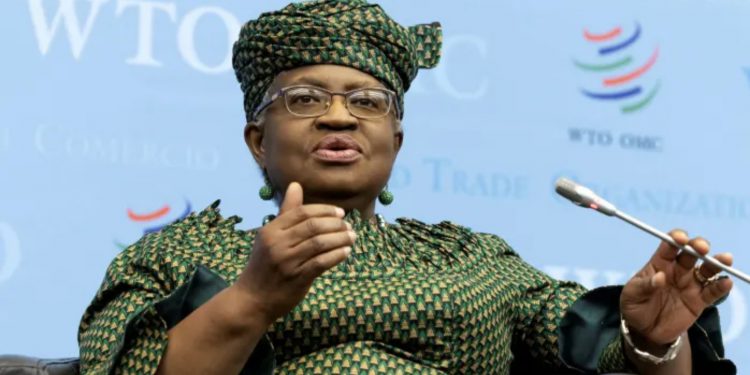Governments are risking a repeat of mistakes in previous food crises by imposing export controls amid spiralling commodity and energy prices, the head of the World Trade Organization has said. In an interview with the Financial Times, Ngozi Okonjo-Iweala, said the global supply chain crunch would last much longer than previously thought.
“I do hope we have learned something” from the previous global food crisis in 2007-2008, Okonjo-Iweala said, referring to a period in which problems were caused by droughts in key wheat and rice-producing countries, along with a surge in the cost of energy.
“The signs we see now don’t show that learning very much, because we’re having the same situation of spiking food prices, spiking energy prices and an emerging spiral.
“We should try not to compound the issues by having export restrictions put in place that may encourage others to put on their own export restrictions,” she said.
Governments with surplus stocks in products like vegetable oils and grains should release them on world markets, she said, although she declined to name specific countries.
Okonjo-Iweala, formerly Nigerian finance minister and World Bank managing director, said only around 12 WTO member countries had so far imposed export restrictions to keep food at home, which they are permitted to do under a loophole in WTO rules.
The Ukraine war has put intense stress on the WTO as a negotiating forum, as divisions between Russia and a coalition of mainly rich governments supporting Ukraine have spilled over into talks.
Those governments have issued a statement in the WTO denouncing Moscow, blocked Belarus’s application to join the institution and withdrawn so-called “most-favoured nation” status for Russia, enabling them to impose higher tariffs on Russian goods than on other members of the organisation.
Okonjo-Iweala said that governments withdrawing most favoured nation status were acting within their rights. “It’s something we obviously don’t encourage, but under the WTO rules it is something that can be done,” she said.
Members had worked out ways to continue negotiating despite what she described as “a very delicate situation”.























